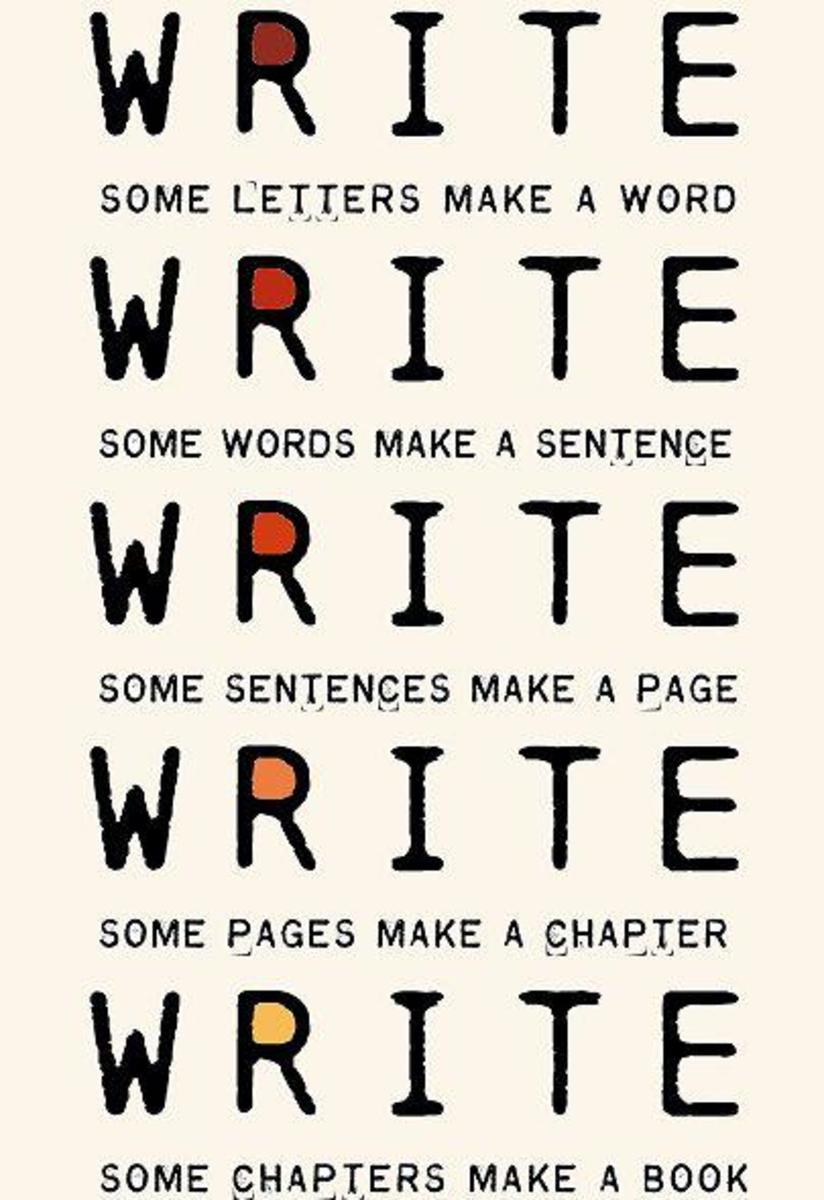Building Strong Characters - The Protagonist
Writing is creating. Writing is also a job. It is a world of creation. You are creating another world, well not a world that is so different from the world we already live in, that is unless you are writing a science fiction novel or the sorts. In fiction writing there are lots of characters. And your job is to make each one of them real by having each one of them play their specific character role.
A Word On Scenery
You can describe the most breathtaking majestic views of a mountain top covered with snow; winding, rolling, hills along an open country scene. And that will make a great difference in your story. Scenery is an important element in writing a fiction novel. There are lots of elements to writing a novel. Character is one among many. Each and every one of them are important in creating a story that the reader will see as real. The scenery is a beautiful part in any story. You must describe the scene; that should never be left out! The scene is a strong element in the story.
As Real As It Can Get
More so than the scene and far more practical are the characters. The characters of the story must be real. They must be as real as it gets.The characters are to be clearly drawn and compelling. You come up with five or six characters in your novel, and each of them have a name, a personal description such as weight, height, mole on the face etc. But that is not all what character is about. Characters are not created equally. Once you get pass the general description, that is where they pair off.
The characters in your story (main character) the one that gets center attention; and that character will get center attention if the actions reflect the motivation. What you are getting down to writing about is not your story. Not just the story you want to create. Rather, you are taking on the role of describing another person's life, the protagnonist. It is the main character's life story that is at stake here. Lose yourself and any conception you have about being a good writer, and devote your attenion to telling us about the character. What is motivating him/her?
If you concentrate too much on writing a great novel and not putting more attention on the character, you might miss out on a really good book that the reader will love. First, before moving along, I want to make sure that I have made a proper distinction between the protagnonist and antagonist. The protagnonist dominates and the antagonist is the opponent. If this definition sounds too theoretical, which I believe is so, allow me to explain it in more practicality.
The CEO Of The Company
In the writing of a novel, characters have various ranks and duties. The ranks are given names just as employees and employers are given rank and title in a high rise major empire company. I've already mentioned the protagnonist and antagonist. There are more character ranks. I will discuss other character roles in a subsequent writing. In a large company there is the CEO; the executive secretary; the secretary; typist and clerks. The clerks do most of the filing. The executive secretary is going to sit in on the meetings with the CEO. She will take notes of everything, and hands these notes down to the secretary who sits at the front desk to the entrance of the CEO office. When the work load is too heavy,the secretary will make some rough drafts of her own to pass down for the typist to do. The clerk will do whatever general filing or retrieving of files that are necessary. There are character roles in a novel such as minor, supporting, and function charcters. They all have specific roles, duties, if you will.
The main character is called the protagnonist, analogous to the CEO in the above frame of reference. The protagnonist has the role of being the center of attention. He/she will be the one the reader will experiece his emotions through. This is achieved by us knowing so much about this character; His internal and external conflicts, secret desires, and having problems in his life which the reader can identify with.
The protagnonist must have problems to resolve. He most have something he wants to acheve which is his motivation for his actions. Along the way, he makes progress towards his goal, but then another problem or obstacle is introduced, it looks as though he is not going to achieve his goal. Tension builds. And the story gets more and more interesting to the reader.
I've mentioned in a previous Hub that there must be 'change' in the character. The character must change in the end from what he/she was at the beginning of the story. I just want to emphasis that 'change' may not be merely physical or circumstantial, rather in addition, it should incorporate a change in the protagnonist's character as well. A change that is brought about through his internal struggle with the id, ego, and super ego. These are Freudian terms which relate to a person's conscious, and unconscious motivations.
One more thing before closing. People in real life have flaws. No one I know of is perfect. Although I've come across some real cool people that I wish I could emulate. Pack your characters with flaws. Well, enough so that the story will develop realistically.
Next writing on this subject matter, I will present examples on how to go about bringing a character to life.





